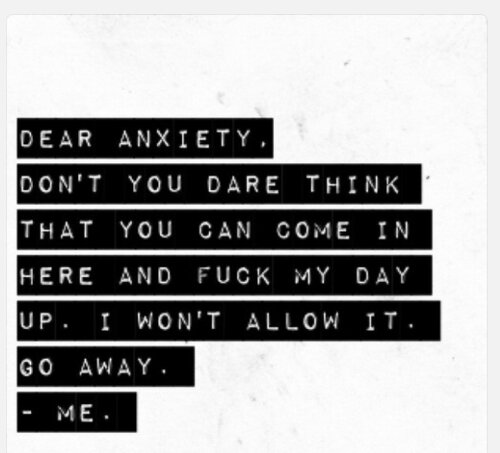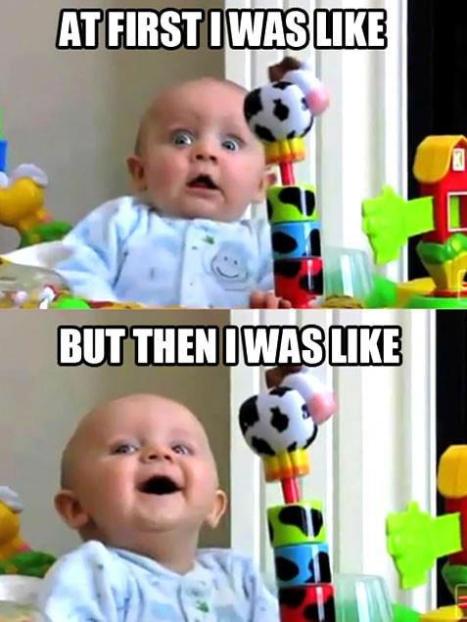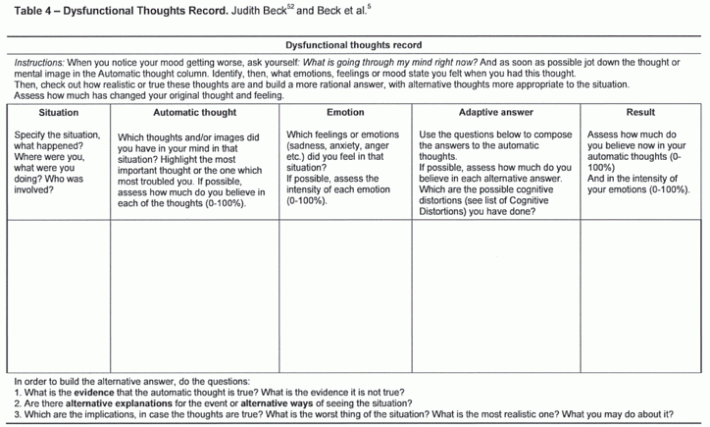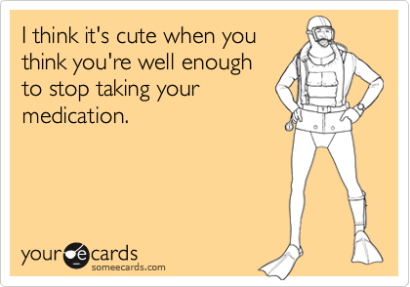I recently submitted a video to a “Ted”-like speaking competition. While I did not get selected for the final presentation, a particular line of feedback stood out to me. “Very brave of her to share such a struggle”.
And while it was meant as a compliment, it rubbed me the wrong way.
See, I’m the “Manager of Business Intelligence” in my day job. That’s a fancy way to say, I spend my day helping programs/initiatives set goals and benchmarks for success. Then I comb through their data to see if they’ve met their goals or how they can improve.
So I’ve always challenged myself to truly set metrics to my one of my life goals: “Raise awareness of mental illness and reduce stigma”. That’s always stumped me a little; after all how can you measure something so vague. A few metrics I’ve considered:
- Reduction in years between onset of disease and treatment
- Increased employment of individuals with a severe and persistent mental illness
- Decrease in Suicide Rate
I still think these are crucial, but the comment made me add a new one. I don’t want it to be considered ‘brave’ to admit you have a mental illness. It’s nothing to be ashamed of; so why can’t it be something that is as common place as admitting you have allergies or a bum knee? Sure, maybe not first date material or a linkedin profile description, but certainly not something that initiates the feedback that “it was very brave” to share it.
If I have a daughter with a mental illness in the future, I don’t want her to face this response.
Of course I want my daughter to be brave.
I want her to have the courage to stand up for what is right, when everyone else is swimming the other direction.
I want her to have the courage to admit her love and devotion to Christ.
I want her to have the courage to pursue dreams that seem impossible.
But have the courage to share she has a mental illness? No. That I want to be easy.
Judging by the pit I have in my stomach every time I post about or share my story, in actuality it does still require a level of bravery. But what provides courage to do it? Well that’s the thought and hope the next generation won’t require the same bravery.







